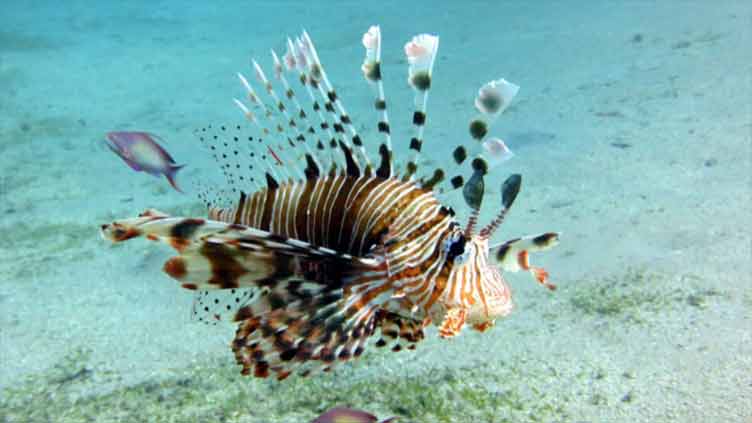France to map genes of underwater species to help protect its vast sea life

Technology
France to map genes of underwater species to help protect its vast sea life
(AFP) - France, which has the world s second-largest maritime territory, will sequence the genomes of thousands of species in its waters in order to draw up a "genetic map" to help efforts to conserve its marine biodiversity.
Over eight years, 4,500 plant and animal species will be studied as part of a programme called ATLASea, co-directed by the French National Centre for Scientific Research (CNRS) and the French Atomic Energy Commission (CEA).
The project will receive €41 million in funding, the French Ministry of Higher Education and Research announced on Thursday.
Specimens of fish, mammals, algae and single-cell organisms will be collected on the coast and during expeditions to the open sea and deep sea starting in the second half of 2023, in mainland France and its overseas territories.
Potential new finds
Although most of the target species are already known, some may yet be discovered during the expeditions.
With 4,500 species studied, out of the approximately 12,000 recorded in metropolitan France, "we will have a vision of all the major groups that make up marine biodiversity", said Patrick Wincker, co-director of ATLASea.
The samples taken will be frozen and transferred to a sequencing centre near Paris.
High-tech equipment will make it possible "to extract long DNA chains before reconstructing the entire genome sequence", according to Hugues Roest Crollius, director of the programme for the CNRS.
70 million genes
The programme is counting on identifying some 70 million genes.
They will be stored in a database that will make it possible to trace the evolution of biological processes, as well as to compare genetic variations.
This will help to determine the level of genetic diversity within species, a key indicator for monitoring their state of conservation, according to the scientists.
In threatened species, such as large marine mammals like whales and dolphins, genetic diversity is decreasing.
"Often, before a species disappears, we realise that it is in danger because of this decrease," which makes it more vulnerable to changes in the environment, explains Wincker.
The programme should also help improving the management of fishing stocks, in particular by studying the impact of invasive species. It could also be used to identify new molecules for use in medicine and other fields.
Spanning nearly 11 million square kilometres, France s maritime domain is the largest in the world after the United States.

